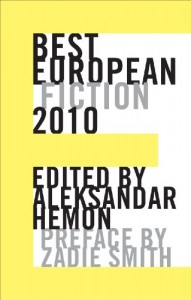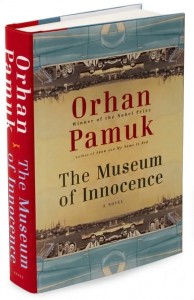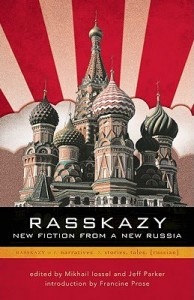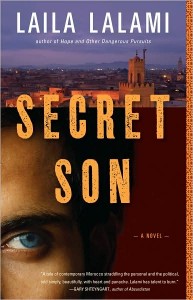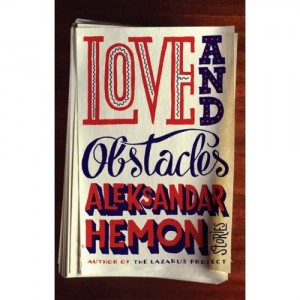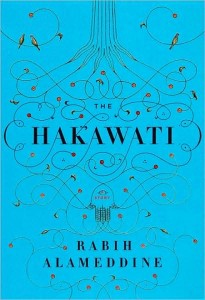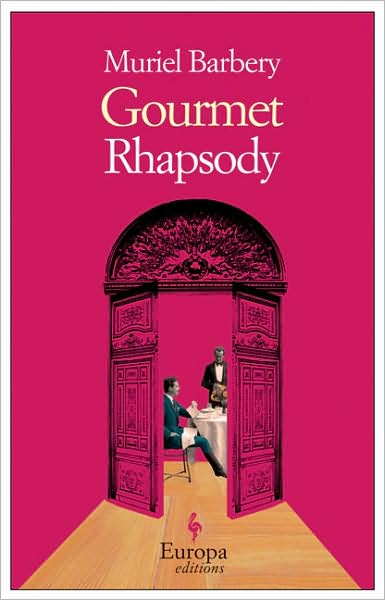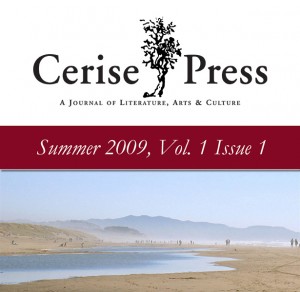Best European Fiction 2010 (Aleksandar Hemon, ed.)
by T. M. De Vos
What is it about the European cultures, tucked like bats into their tiny cubbies, that seems so much more specific than our own? How do Belgium or Luxembourg achieve “culture” in little more space we might use to construct a Wal-Mart megastore? What is it about confinement that breeds a more tribal than national identity? What are we doing when we sit down to read a collection of fiction culled from a continent?

